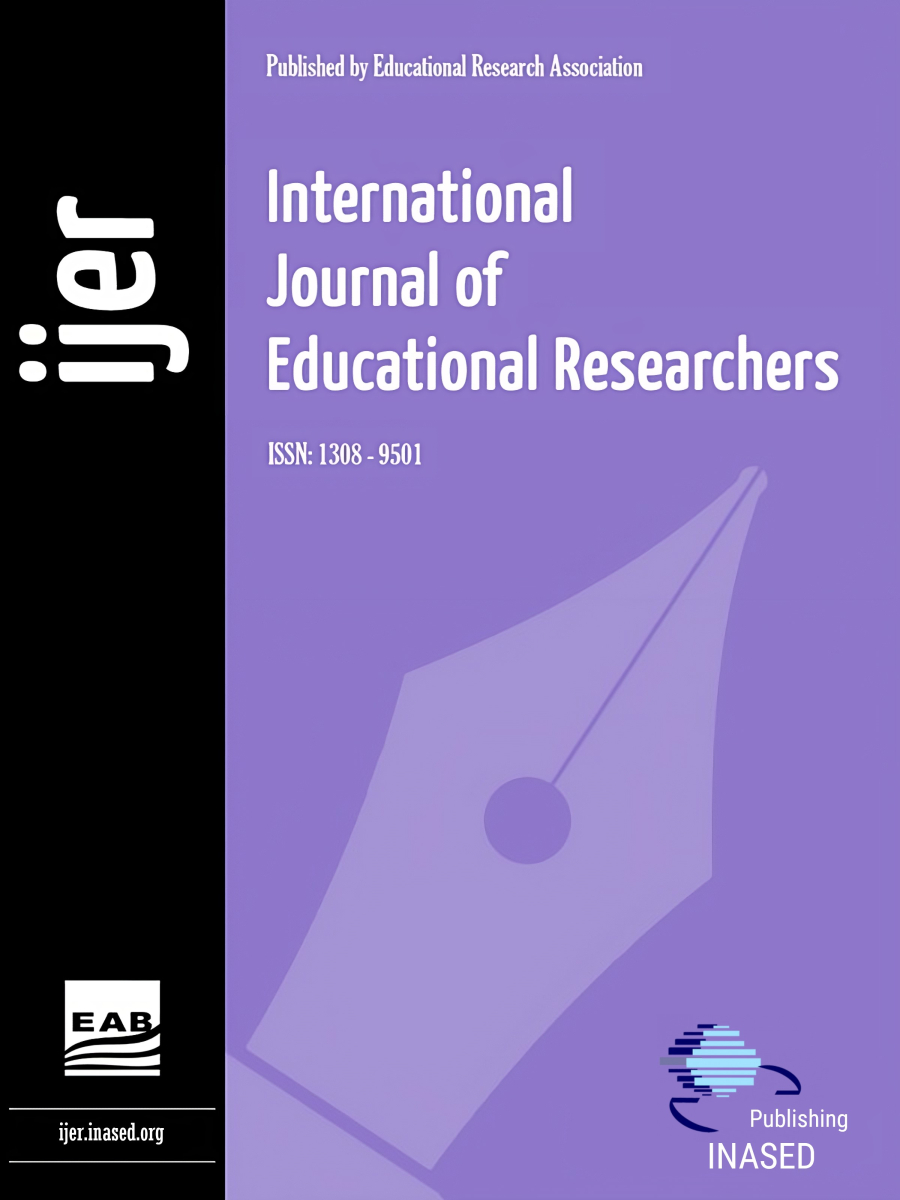Original article | International Journal of Educational Researchers 2023, Vol. 14(4) 37-50
Effective Teacher Characteristics in the Eyes of Pre-service EFL Teachers: Evidence from Turkish Higher Education Context
Merve Dombaycı & Gökhan Öztürk
pp. 37 - 50 | DOI: https://doi.org/10.29329/ijer.2023.604.4 | Manu. Number: MANU-2306-21-0001.R2
Published online: December 31, 2023 | Number of Views: 41 | Number of Download: 92
Abstract
This study aimed to investigate the perspectives of pre-service EFL teachers on effective EFL (English as a Foreign Language) teacher characteristics and explore their opinions regarding effective teacher characteristics in the post-COVID period. Following this aim, 80 participants who were 3rd and 4th-grade prospective teachers at the English Language Teaching (ELT) department of a public university participated in the study. For data collection, a questionnaire and interview protocols were used. The quantitative data were analyzed through descriptive statistics, while a thematic analysis was done in order to explore the qualitative data. The findings from both analyses revealed that the participants considered being creative, effective communication with the students, using authentic activities and materials, being fluent, having sufficient content knowledge, and being good at classroom management as the most important and necessary characteristics of an effective EFL teacher. Considering the post-COVID pandemic period, the necessity of the EFL teachers’ ability to use the technological tools and platforms and the continuation of this use during the post-COVID period were found to be important. In line with these findings, the study offers several suggestions for EFL teacher education.
Keywords: Effective teacher characteristics, EFL teachers, pre-service teachers, teacher perspectives, language teaching.
| How to Cite this Article? |
|---|
|
APA 6th edition Harvard Chicago 16th edition |
| References |
|---|
|


